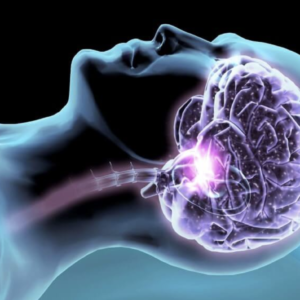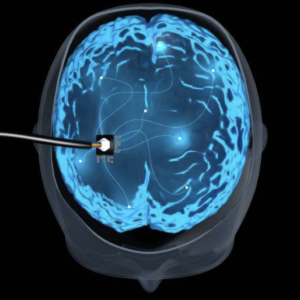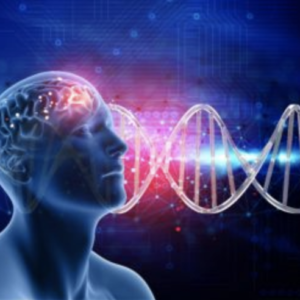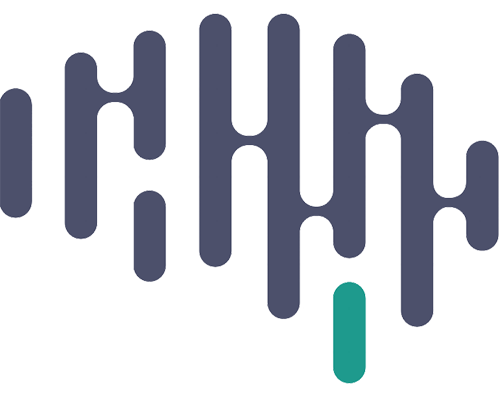UO1 GRANT
Decoding and selective modulation of human memory during awake/sleep cycles – September 1, 2022
Sleep disruption and memory impairment occur together in a variety of neurological disorders, so unlocking the mysteries of how sleep works to aid human memory has the potential to significantly improve quality of life for millions of people suffering from memory disorders. We strive for a transformative understanding of memory processes during sleep by combining human single neuron/local field potential recordings and electrical and auditory stimulation with the computational power of artificial intelligence to decode and modulate selective memories before, during, and after sleep.

RO1 GRANT
MECHANISMS OF MEMORY ENHANCEMENT BY DEEP BRAIN STIMULATION IN HUMANS – May 12, 2017
Loss of ability to form new memories, or retrieve old ones, is one of the most dreaded afflictions of the human condition, affecting millions of people worldwide who suffer from a variety of neurological disorders such as epilepsy, traumatic brain injury and Alzheimer’s Disease. There are currently no therapeutic measures or drugs that provide relief. By targeting the entorhinal-hippocampal circuit in the medial temporal lobe of the human brain with deep brain stimulation, applied in various stages of memory processing including during sleep —simultaneous with single-neuron and local field potential recordings—we aim to develop novel, transformative approaches to treat memory disorders, while also contributing to a detailed characterization of the neural substrates of human memory.

NSF/SBE-BSF GRANT
THE ROLE OF SLEEP IN MEMORY CONSOLIDATION: INTRANCRANIAL HUMAN ELECTROPHYSIOLOGY AND ELECTRICAL STIMULATION – June 13, 2018
Memory loss is one of the most devastating afflictions of the human condition. Sleep is important for learning and memory because it improves memory consolidation – the transformation of new memories that are formed during wakefulness into stable memories that are integrated into pre-existing long-term memories. This is particularly true for memory for facts and events (declarative memory), which depends on brain regions in and around the human hippocampus. There is evidence that declarative hippocampus-dependent memories are consolidated during a sleep-stage called slow-wave-sleep, where large slow waves dominate brain activity. This consolidation is thought to be mediated by interactions between the hippocampus and brain areas in the frontal cortex. In this project, the researchers aim to study the effects of sleep on learning and memory in epilepsy patients implanted with depth electrodes for clinical monitoring. This setting provides a rare opportunity for direct recordings from inside the human brain, including at the level of individual neurons. The project also affords a unique opportunity to stimulate the brain during sleep, which is necessary for establishing a causal relationship between sleep and consolidation. This research will advance scientific knowledge on how specific sleep processes aid memory consolidation, and benefit society by training students in this integrative field, and developing new methods. The results may have implications for individuals suffering from neurological disorders affecting memory.

